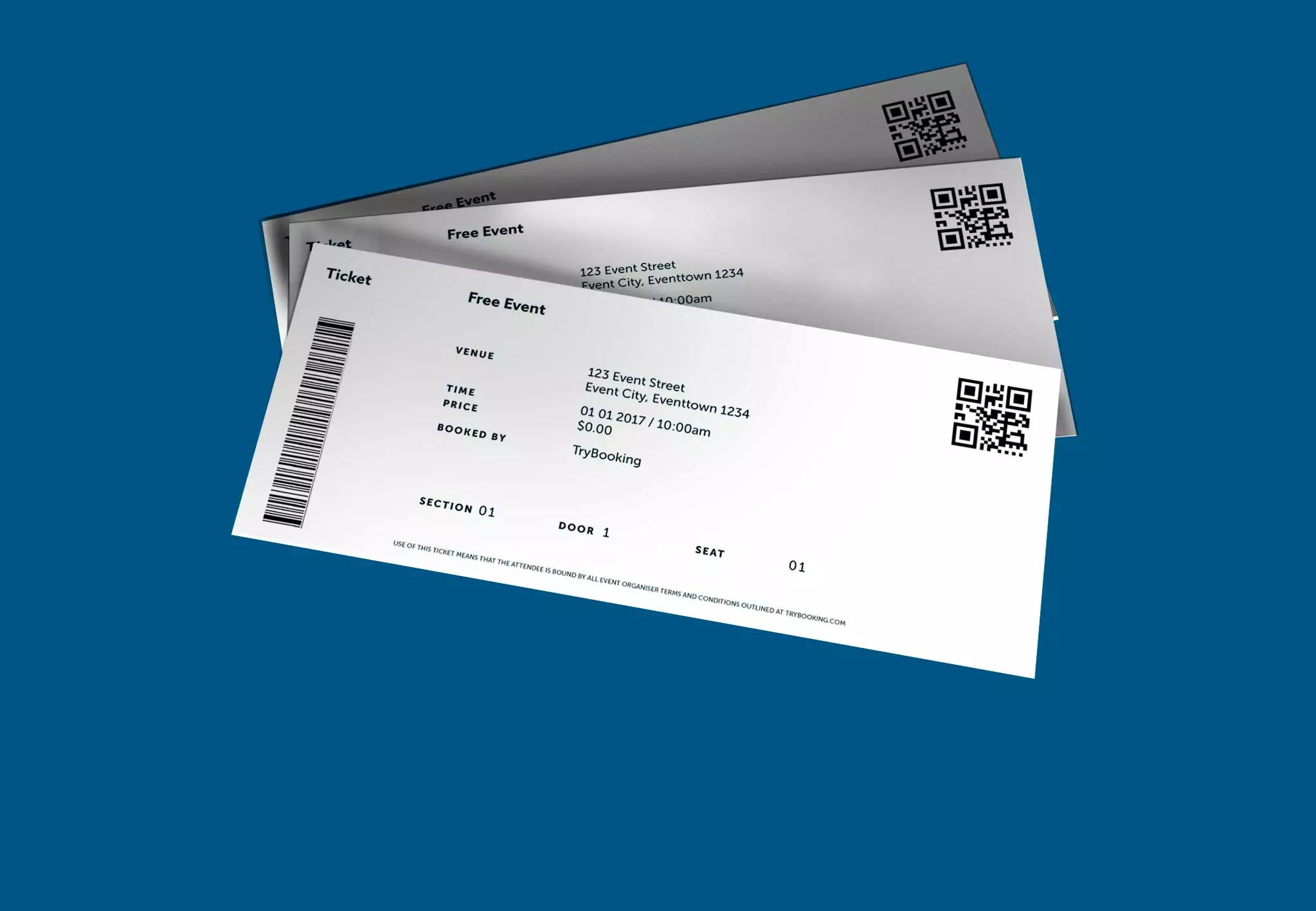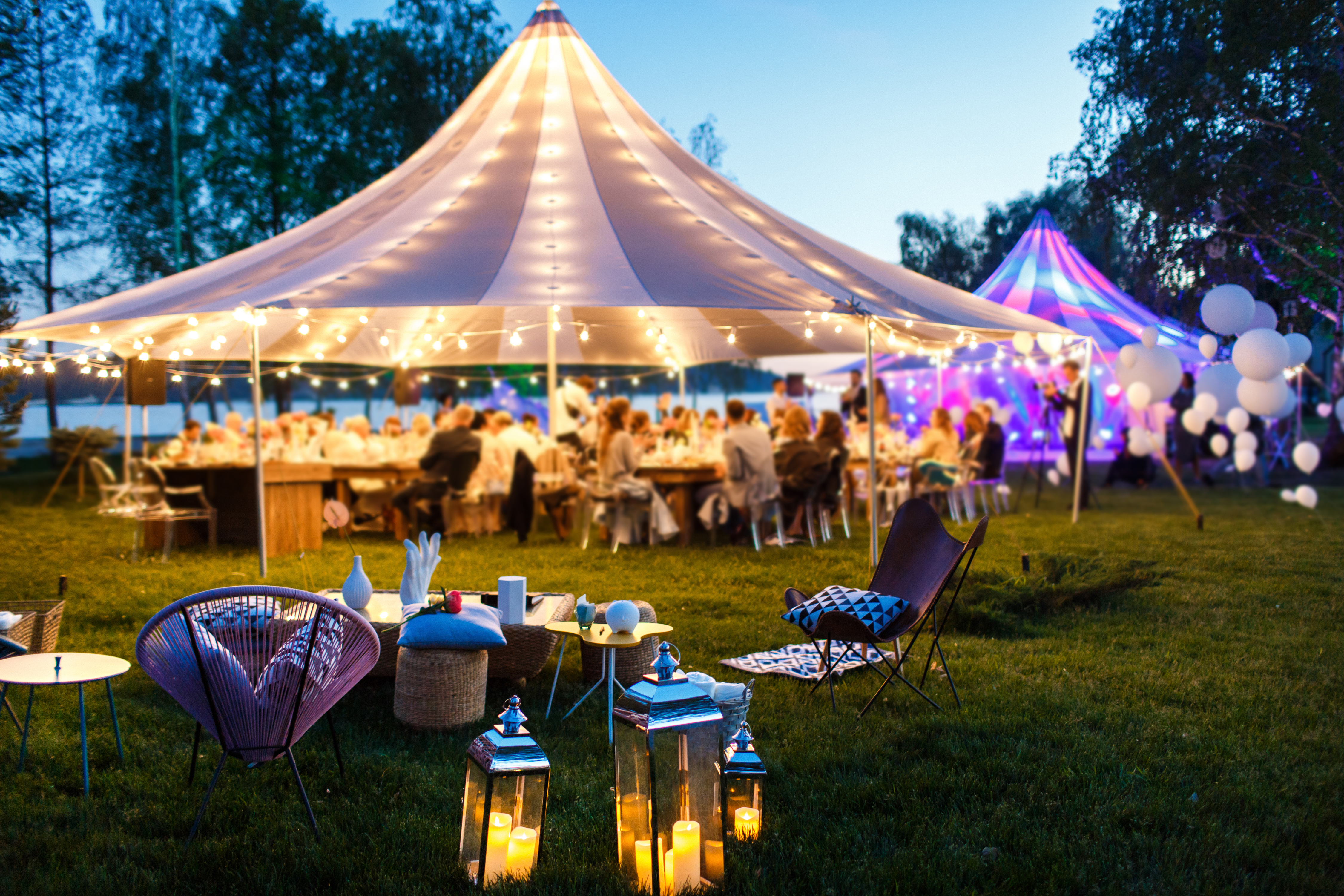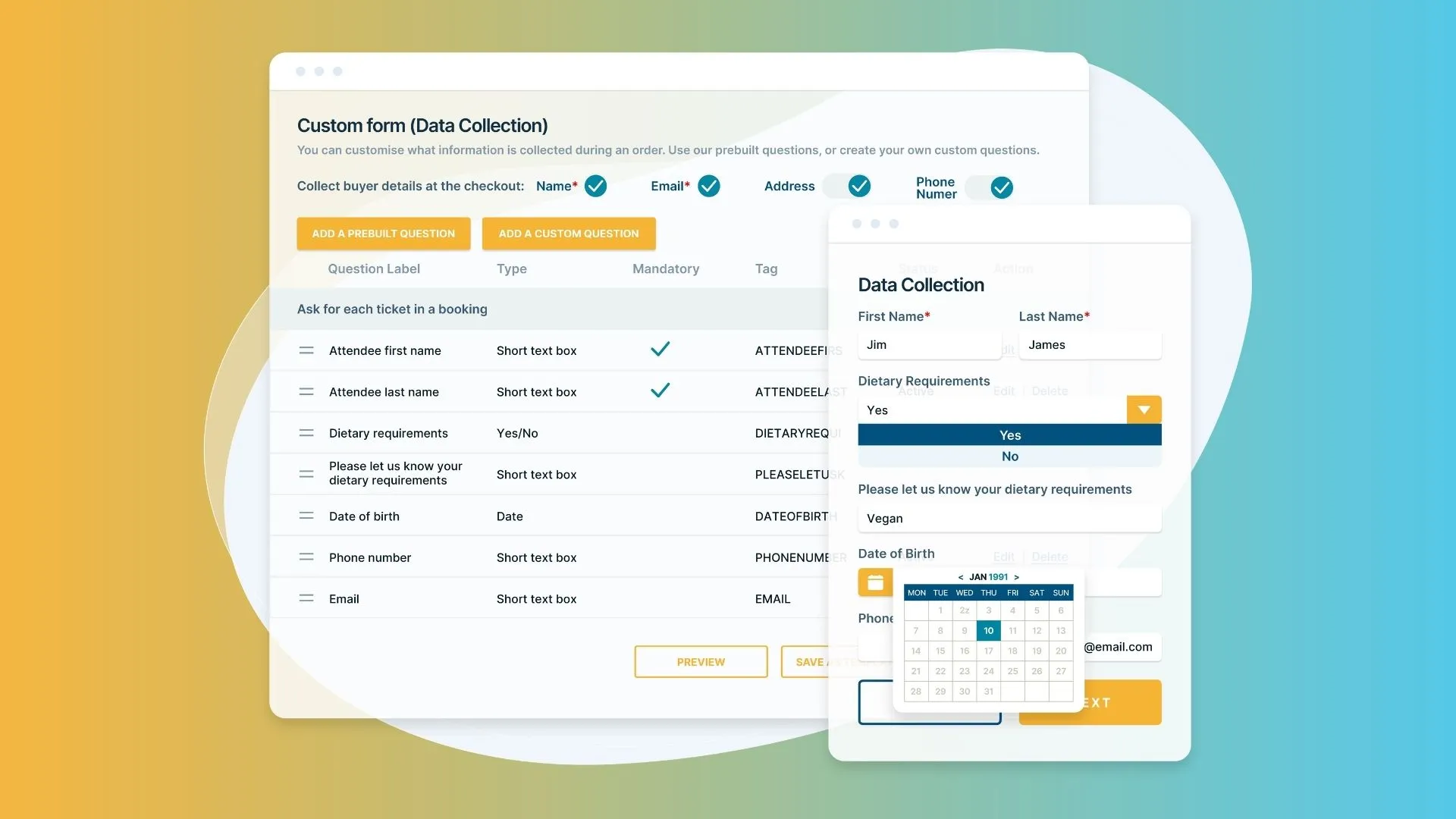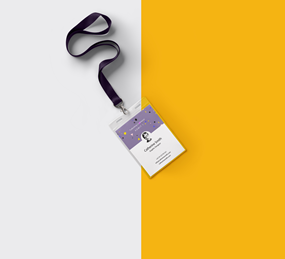How to have Happier Event Guests?
Wanting your guests to have a good time goes without saying, but putting on a great event takes more than just putting out some entertainment or crossing your fingers and hoping everything goes well.
To truly turn your event from a passable one into a great one, you need to invest time and energy into making sure your guests are as happy as they can be – no matter what.
Here are some ways you can do that.
Check, check and re-check the tech!
There is nothing worse than planning to use tech that makes your life easier, and having it fail. An app that scans tickets or takes signatures from attendees, or a computer system that prints off name tags, are not things you want to break when running your event.
And there’s nothing quite as humiliating as giving a presentation when audio doesn’t work, or a laptop suddenly doesn’t connect.
If you want your guests to be happy, make your technology seamless. Put the effort in and set up systems that have safeguards, and that you’ve tested.
Keep information close by
It doesn’t matter if you’re running a conference, or a school fete, if people need information then you should be ready to give it – and give it quickly. Make sure you have people staffed at your event who know the score, and have them identified clearly so people know where to find them.
Another thing you should consider with this: make sure you’ve actually trained these people in what they need to know. If you’ve just grabbed a couple of volunteers but haven’t given them any preparation or training, then you’re not putting them in a position to succeed. Invest a little bit of time and effort so they feel confident in telling people what to do, where to go and where they can find what they need (check out our other post on finding the best volunteers for your event).
Keep any communication (speeches) short and sweet
There’s nothing worse than sitting through a speech that doesn’t need to be said. Think carefully about what information your attendees need to know, and then only give that information in the easiest possible way. If you can email it, then do so. Lengthy introductions can tend to waffle, so keep everything short.
Keep them fed
If you’re not providing food yourself for an event, then you should at least make sure that you’re near facilities that can keep people fed and happy. (But ideally, you should really provide some catering – depending on the event type, of course.)
Naturally, you need to think about how much food you’re providing and any dietary restrictions that should be considered. You should probably ask about that when people are signing up, which means that catering should be considered from the very beginning of your planning process, and not just a tack-on.

Include questions about dietary requirements in the registration form so you know what to prepare.
Don’t make it awkward
Events can be a little strange at first for some people, especially those who find it difficult to talk to people they don’t know. If you’re holding an event that requires or even encourages some networking, then think about what you need to make sure people get together: name tags are a great help, and providing alcohol (if you can) can loosen things up for people!
Of course, creating meaningful conversation is your end goal. With that in mind, perhaps encourage your attendees with some questions they could ask fellow event attendees about their work. Something quirky or unexpected may feel a little corny, but it can at least get the ball rolling for some people.
Don’t make things too loud…or quiet
There is nothing worse than trying to have a conversation with someone and having to shout over a terrible band or music.
At the same time, silence can be just as bad. Aim to provide some music that fills the space of whatever room you’re in, and is appropriate for the event at hand. A loud, raucous event will naturally be better off with some louder music, but something quieter and more relaxing may be better suited to events where normal conversation is encouraged.
It seems like common sense, but plenty of people get it wrong. So think ahead about if you’re going to use music, background videos, or anything else, and then keep it appropriate to the event itself.
Good quality swag
You want your guests to walk away with something tangible after an event. But too many organisers just stick some random stuff in a tote bag and call it a day.
Actually, think about what your attendees may want, and then give it to them. Could it be an email list of some kind? If you’re organizing a professional event, a list of books and resources they can use to further explore some topics is a great resource to get people started.
If nothing else, avoid spending money on merchandise like bottle openers with your branding on them that don’t play into your event theme. Think about what people actually need.

Merch that won't get thrown away!
If you have to obtain data, then just say so
People appreciate honesty. If you want to collect people’s data, then don’t ask them for a million details straight when they sign in. (And by the way, this also plays into another hint – don’t make your booking/registration process too cumbersome!)
People won’t be very happy if they feel they’re just attending your event so you can swipe their details for lead generation. If you’re asking for their email, say why. And think about whether you need all their info – do you really need someone’s address, or mobile phone number?
Consider what you need to ask, and ask only that.
Follow up summaries
This won’t work for every event but is especially great for conferences or where guest speakers were involved. If you can provide any sort of materials for a talk, especially transcripts, photographs, video clips or even a full audio recording, you can provide a lot more value for the price you charged in the first place.
Better yet – customise it. Ask people when they leave what resources they want, and for which parts of your event. Tailoring your event to each individual will make people feel you care and encourage them to attend your events again.
Have a plan B for everything
Has your catering gone missing? Have a backup. What if your laptops suddenly stop working? Have a backup.
What about if you’re outside, and it starts raining?
Definitely have a backup.
You’re getting the picture. Think about what could possibly go wrong for every possible circumstance, and then figure out ways you’d be able to change things in a short amount of time if necessary.
It might seem like a lot of work for nothing. But when everything goes wrong, you’ll be glad you put that effort in – and your guests will notice your attention to detail.
Here's to happier event guests,
Events made easy
The TryBooking Team

How to design your event landing page in a flash?
Mar 16, 2017 · 1 min read
How to hand back free tickets?
Feb 08, 2017 · 2 min read
You might also like

How to Guide: Take Payments For A Bake Sale With TryBooking
Mar 05, 2025 · 1 min read
Introducing TryBooking Box Office App Tap to Pay on Phone
Apr 01, 2024 · 1 min read
How To Market Your Event
Jan 15, 2024 · 1 min read
How To Run An Event In 2024 - Everything You Need To Know
Jan 03, 2024 · 1 min read
How to boost your branded event page
Sep 29, 2023 · 1 min read
125 Unique & Fun Event Ideas For Your Next Event
Mar 20, 2023 · 1 min read
How to Create an Event Program
Mar 13, 2023 · 1 min read
10 Corporate Event Ideas To Ignite Some Fun At Your Office Party
Mar 17, 2023 · 1 min read
5 Ways To Spruce Up Your Event
Sep 27, 2022 · 1 min read
How to Plan a High School Reunion
Apr 05, 2023 · 4 min read
Yoga Classes Come In Many Forms 🧘♂️
Mar 11, 2022 · 1 min read
How to customise your Homepage?
Aug 20, 2020 · 1 min read
How to Create the Perfect Registration Form Template?
May 11, 2023 · 1 min read
Small business events; Planning, Budgeting, Promoting and Action!
Apr 11, 2017 · 1 min read
How to email your ticket buyers?
Apr 10, 2017 · 1 min read
Why event insurance is important
Apr 04, 2017 · 2 min read
How to plan a successful conference or business event?
Oct 13, 2016 · 4 min read
Learn how schools are using TryBooking to manage events
Feb 23, 2016 · 3 min read
How sporting clubs use TryBooking?
Feb 16, 2016 · 2 min read
The facts about online ticketing that make the difference
Jan 21, 2016 · 2 min read
What else can you use TryBooking for?
Dec 15, 2015 · 2 min read






